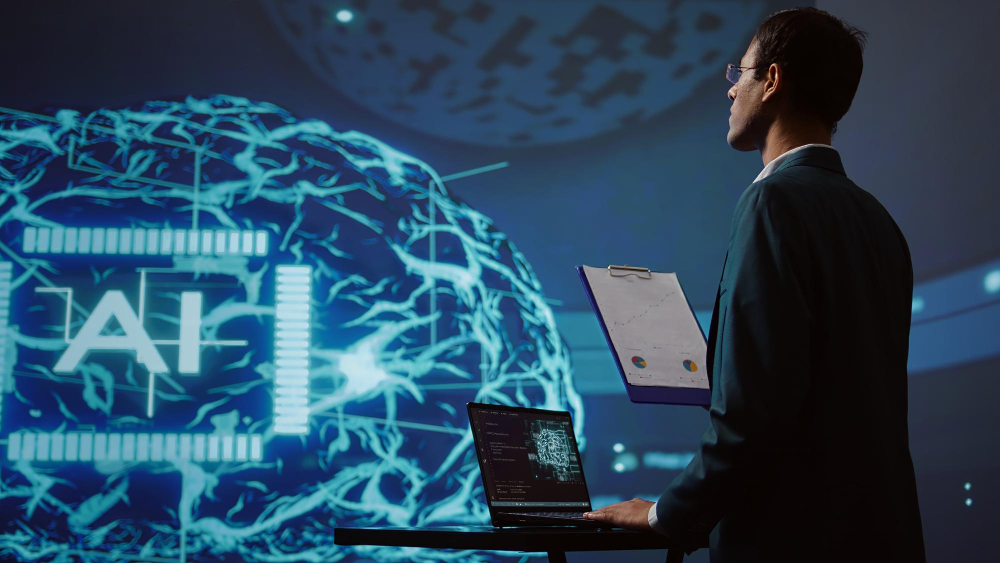
The Future of AI in Healthcare: Revolutionizing Patient Care and Medical Research
Future of AI in Healthcare
In recent years, the integration of Artificial Intelligence (AI) into healthcare has been nothing short of revolutionary. From diagnosing diseases to personalizing treatment plans, AI is transforming the way we approach medical care and research. As we stand on the brink of a new era in healthcare, it’s essential to explore how AI is shaping the future of this critical industry.
One of the most significant contributions of AI in healthcare is its ability to analyze vast amounts of data quickly and accurately. Machine learning algorithms can sift through millions of medical records, imaging data, and genetic information to identify patterns that might be invisible to the human eye. This capability is particularly valuable in early disease detection. For instance, AI-powered tools are now being used to detect cancers, such as breast and lung cancer, at stages when they are most treatable. By catching diseases early, AI not only improves patient outcomes but also reduces the overall cost of healthcare.
Another groundbreaking application of AI is in personalized medicine. Traditional treatment plans often follow a one-size-fits-all approach, but AI enables the creation of tailored therapies based on an individual’s genetic makeup, lifestyle, and environmental factors. This precision medicine approach ensures that patients receive the most effective treatments with minimal side effects. For example, AI algorithms can predict how a patient will respond to a specific chemotherapy drug, allowing oncologists to choose the best course of action.
AI is also making waves in medical research. Drug discovery, a process that traditionally takes years and billions of dollars, is being accelerated by AI. By analyzing biological data and predicting how different compounds will interact with targets in the body, AI can identify potential drug candidates much faster than traditional methods. This not only speeds up the development of new treatments but also reduces the cost, making it feasible to tackle rare and neglected diseases.
Moreover, AI is enhancing patient care through virtual health assistants and telemedicine. AI-driven chatbots and virtual nurses can provide 24/7 support, answering patient queries, reminding them to take medications, and even monitoring their health conditions in real-time. Telemedicine platforms powered by AI are making healthcare more accessible, especially in remote and underserved areas. Patients can now consult with specialists from the comfort of their homes, reducing the need for travel and long wait times.
However, the adoption of AI in healthcare is not without challenges. Issues related to data privacy, security, and ethical considerations must be addressed to ensure that AI technologies are used responsibly. Additionally, there is a need for robust regulatory frameworks to oversee the development and deployment of AI in healthcare.
In conclusion, AI is poised to revolutionize healthcare by improving diagnostics, personalizing treatments, accelerating medical research, and enhancing patient care. As we continue to harness the power of AI, it is crucial to navigate the associated challenges carefully. The future of healthcare is bright, and AI is undoubtedly at the forefront of this transformation. By embracing these advancements, we can look forward to a world where medical care is more accurate, efficient, and accessible for all.
![]()







